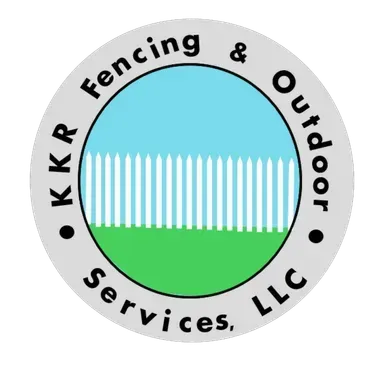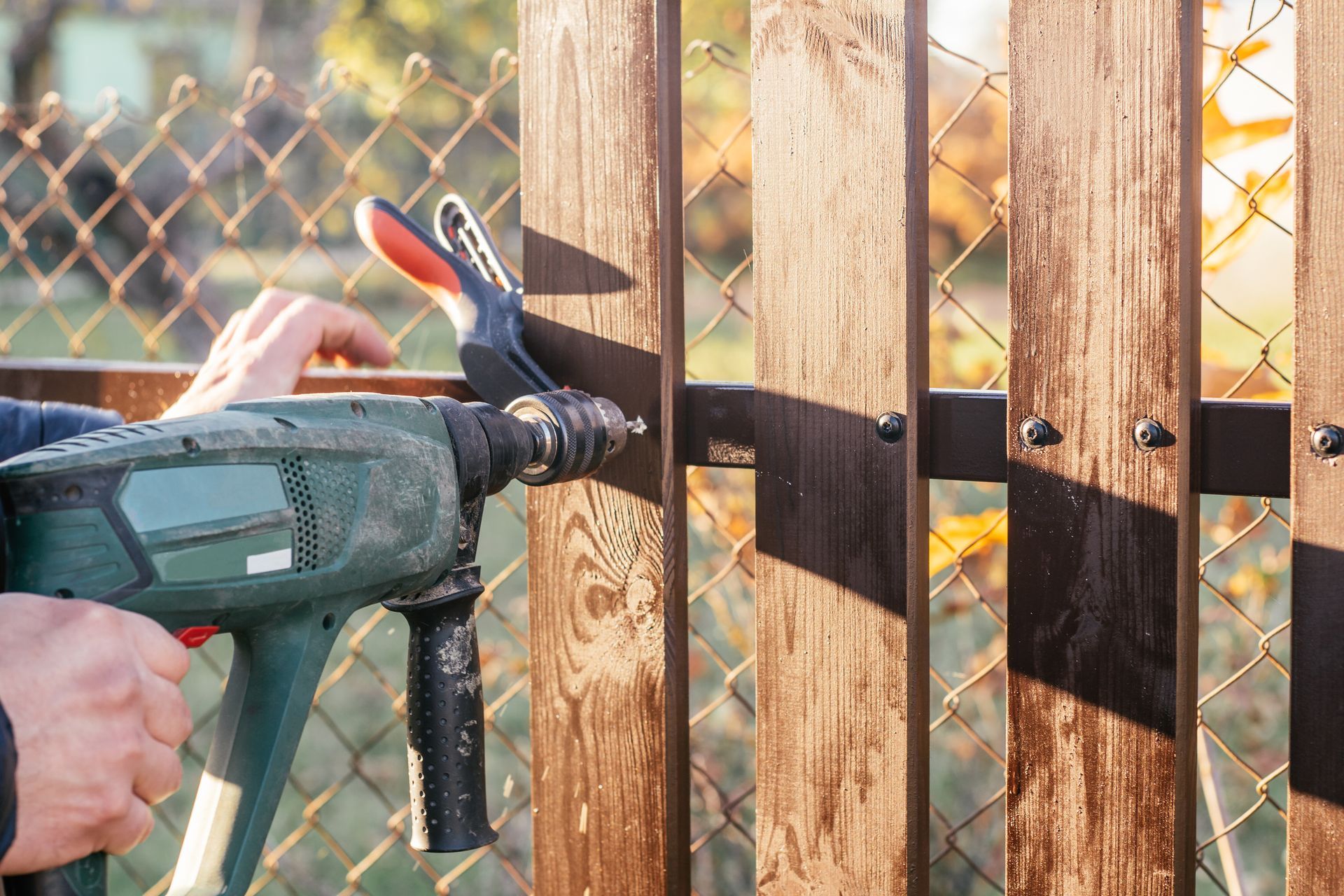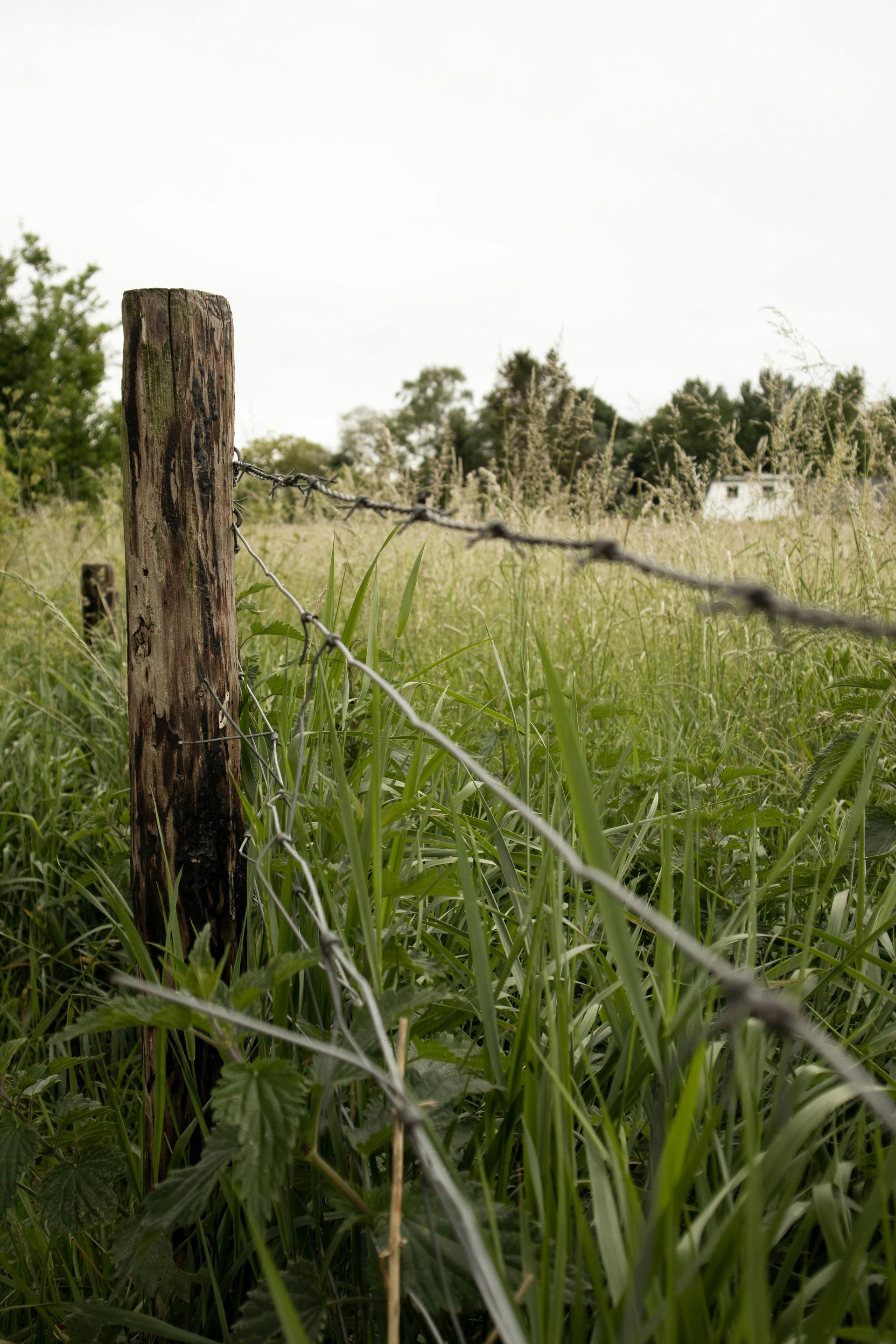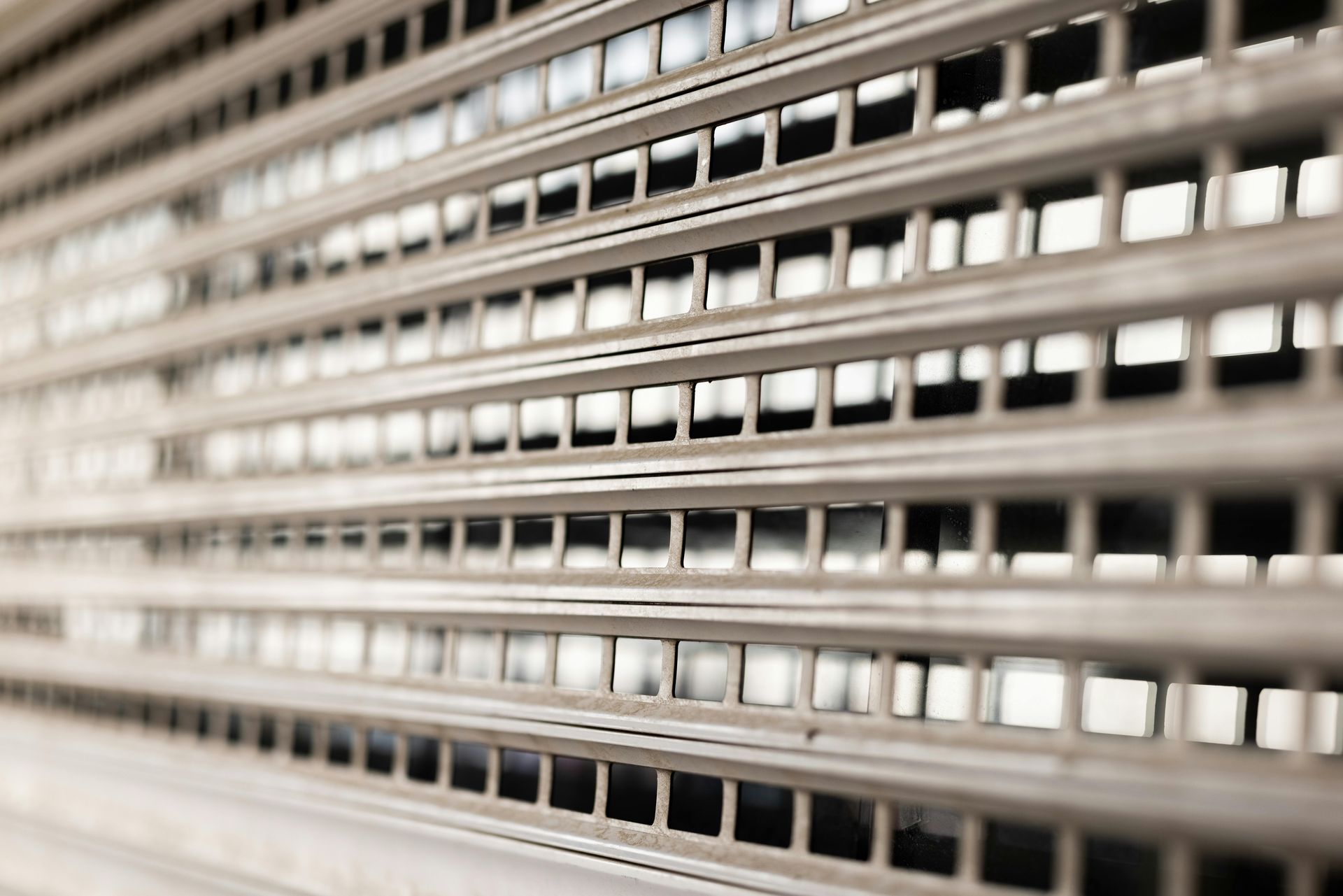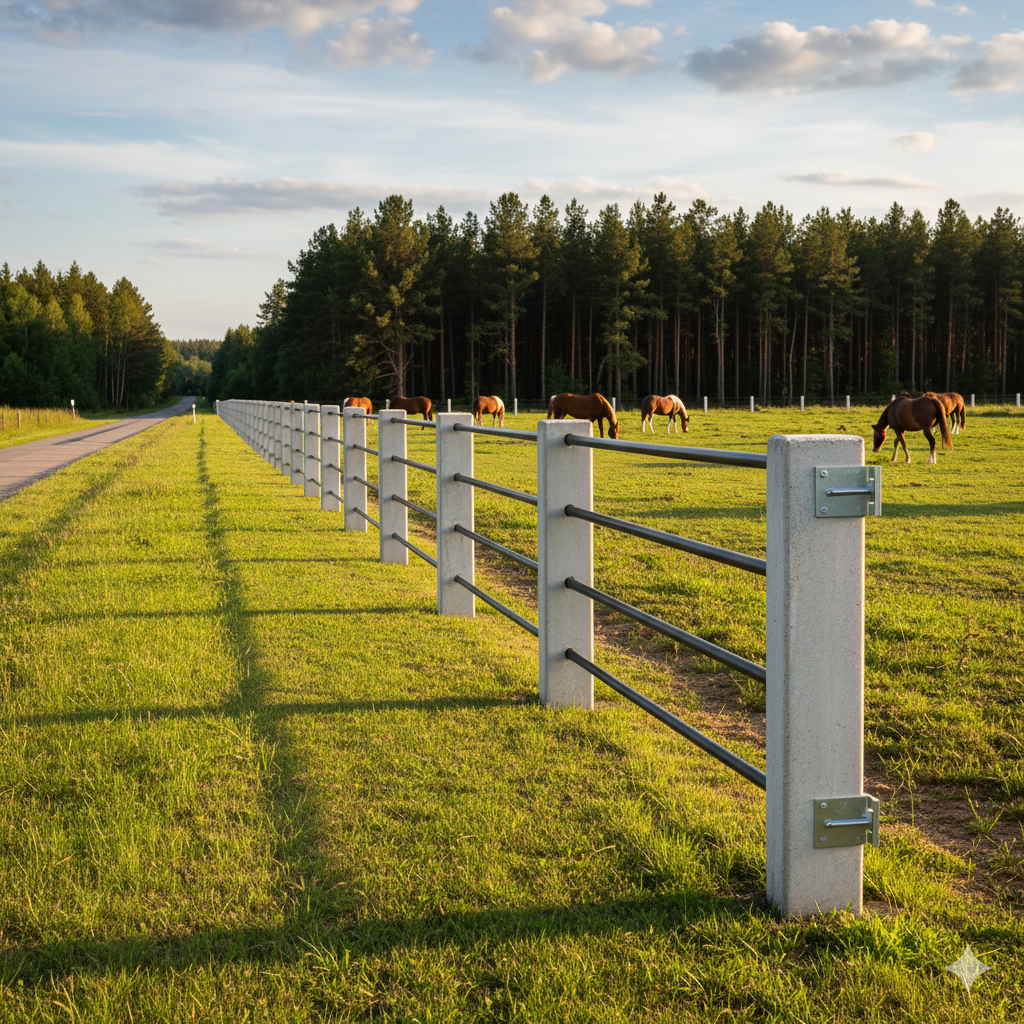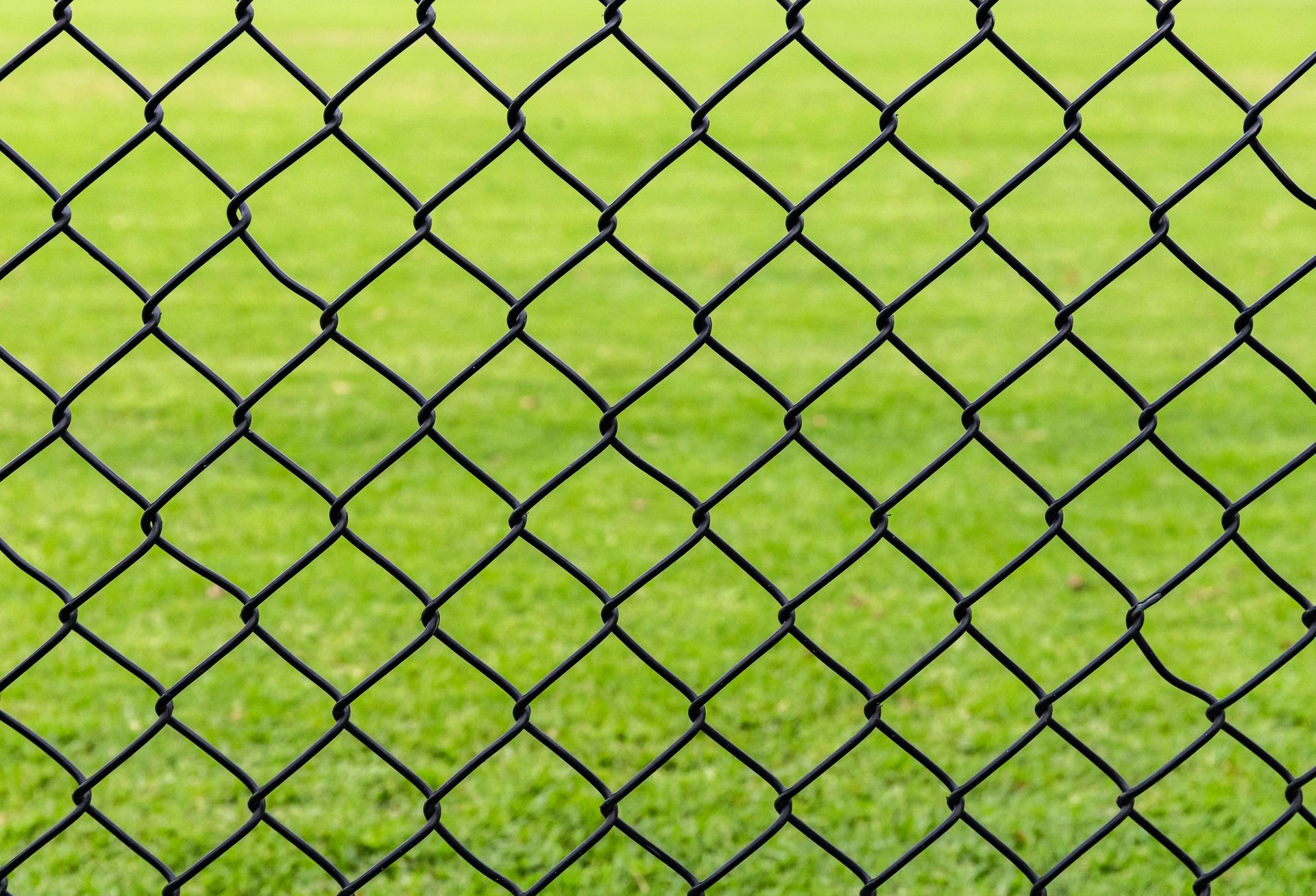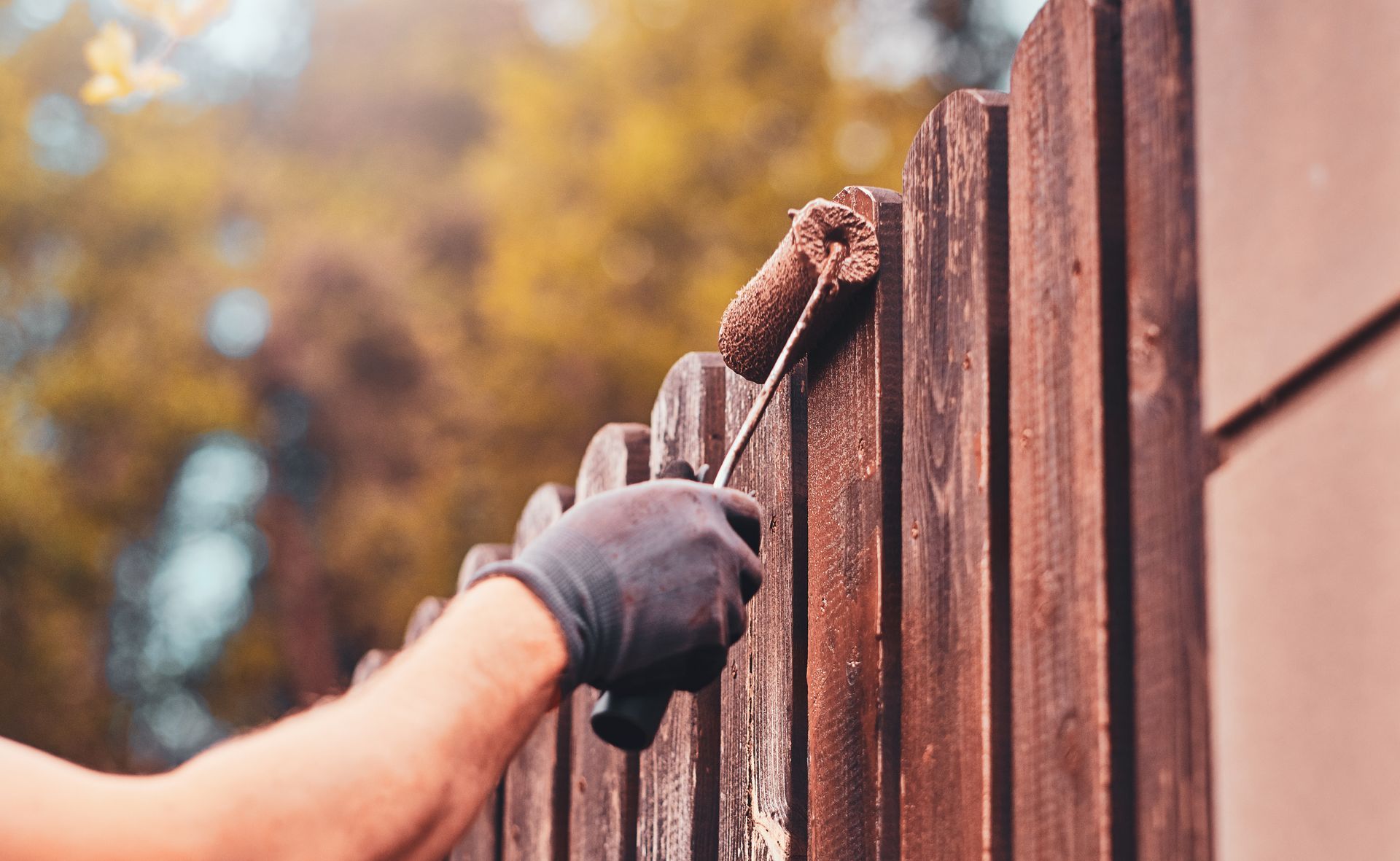Expert Fencing Tips & Local Insights in Western New York
Welcome to the KKR Fencing blog, your go-to resource for all things fencing and outdoor construction in Western New York. Whether you're a homeowner looking to install a new fence, repair an existing one, or simply want expert advice on fencing materials and maintenance, you’ll find valuable insights here.
Ready to improve your fence? Contact KKR Fencing today for professional fence installation and repair services in Delevan, Buffalo, Amherst, and surrounding communities.
Latest Articles on Fence Installation, Repair, and Maintenance
- Wood vs. Vinyl Fencing: Which is the Better Investment? — Explore the pros and cons to make the right choice for your property.
- Understanding the Fence Installation Process in Western New York — What to expect when you hire professional installers.
- Vinyl Fence Styles to Match Every Home — Discover aesthetic options that complement your property.
- Fence Repair Tips: How to Maintain Your Wood and Vinyl Fences — Keep your fence looking great for years with regular care advice.
Seasonal Fencing Advice for Western NY Homeowners
Western New York's weather can be tough on fences. Our seasonal tips help you protect your investment through harsh winters and humid summers: cleaning techniques, winter prep, and damage prevention strategies to keep your fence durable and attractive.
Choosing the Right Fence Material for Your Property
Not sure what type of fence is best? Our blog addresses options including wood, vinyl, chain link, aluminum, and wrought iron — each analyzed for durability, maintenance, cost, and appearance in a Western NY context.
Latest Posts
Frequently Asked Questions About Fencing
Visit our blog to find answers to common questions like permit requirements, local code considerations, maintenance recommendations, and troubleshooting common issues related to fencing products and installations in Western New York.
Stay Connected With KKR — Contact Us for Your Fence Needs
Have a specific fencing question or ready to schedule your project? Contact KKR Fencing & Outdoor Services today. Our experienced team proudly serves Delevan, Buffalo, Amherst, and surrounding Western New York areas.
For more inspiration, check out our Project Portfolio to see examples of our recent work.
